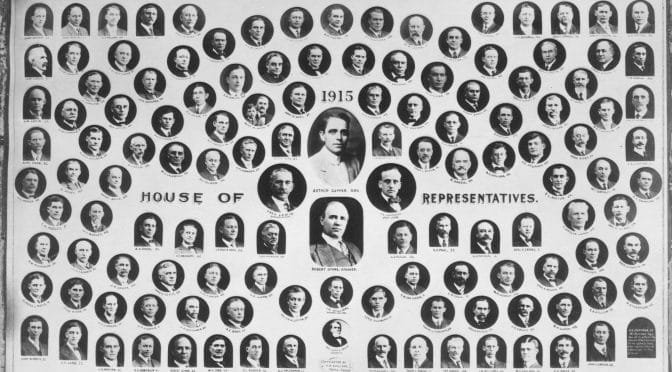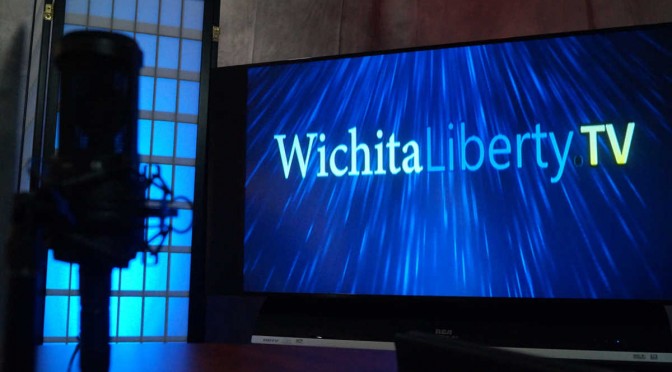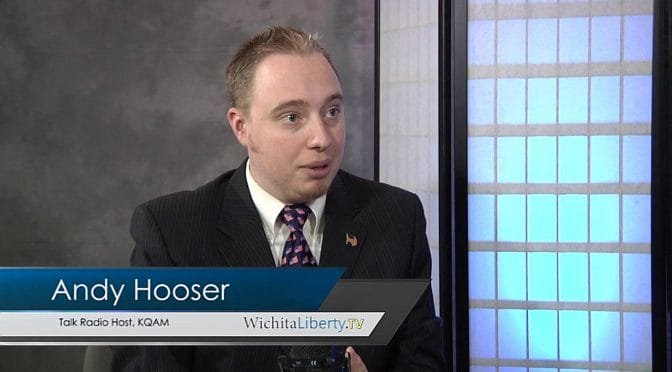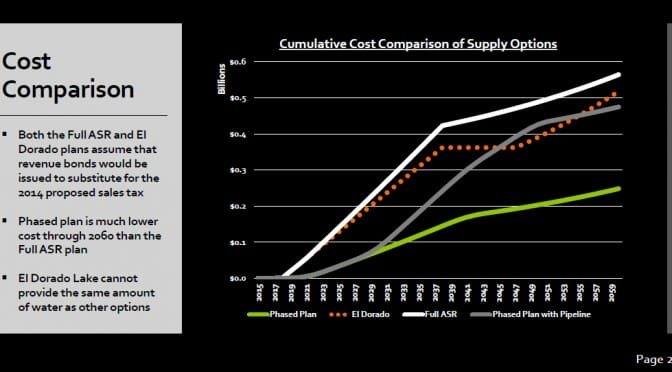Tag: Elections
-
Sedgwick County Commission forum
On June 28, 2016, candidates for Sedgwick County Commission participated in a forum sponsored by the League of Women Voters.
-

From Pachyderm: Judicial candidates
From the Wichita Pachyderm Club this week: Republican primary candidates participated in an 18th Judicial District Candidates’ Forum. This is an audio presentation recorded on June 24, 2016.
-

From Wichita Pachyderm: Kansas House candidates
From the Wichita Pachyderm Club this week: Republican candidates for the Kansas House of Representatives participated in a candidate forum. This is an audio presentation recorded on June 17, 2016.
-

From Pachyderm: Sedgwick County Commission candidates
From the Wichita Pachyderm Club this week: A forum featuring Republican primary election candidates for Board of Sedgwick County Commissioners. This is an audio recording made on June 6, 2016.
-

WichitaLiberty.TV: Confusion about corruption in Wichita, regulation in Wichita, and the lowly pencil
Citizen activists were concerned about unleashing a corrupting influence in Wichita City Hall, but they didn’t know it’s already there. Then, the regulatory landscape in Wichita. Finally, what can a pencil teach us about how the world works?
-

At Pachyderm: Chapman Rackaway on the Kansas primary elections
Professor Chapman Rackaway of Fort Hays State University briefed members and guests of the Wichita Pachyderm Club on the August primary elections.
-

Wichita city council campaign finance reform
Some citizen activists and Wichita city council members believe that a single $500 campaign contribution from a corporation has a corrupting influence. But stacking dozens of the same $500 contributions from executives and spouses of the same corporation? Not a problem.
-

Electioneering in Kansas?
An op-ed written under the banner of a non-profit organization appears to violate the ban on electioneering.
-

WichitaLiberty.TV: Radio talk show host Andy Hooser
Andy Hooser of KQAM’s The Voice of Reason joins Bob Weeks to discuss presidential and Kansas politics.
-

Kansas teachers union objects. Strenuously.
Here are a few items from today’s missive from Kansas National Education Association, the teachers union, along with commentary.
-

In Wichita, the phased approach to water supply can save a bundle
In 2014 the City of Wichita recommended voters spend $250 million on a new water supply. But since voters rejected the tax to support that spending, the cost of providing adequate water has dropped, and dropped a lot.
-

WichitaLiberty.TV: The caucus and the presidency, Wichita prepares a new regulatory regime
Looking back at the Kansas presidential caucus and should it matter who becomes president. A new regulatory regime in Wichita probably won’t help its stated purpose, but will be harmful. Then, more about regulation.